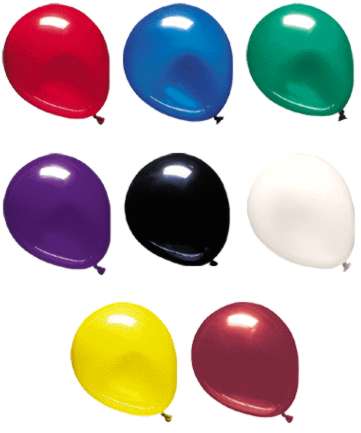In their press release today the Medicines and Healthcare products Regulatory Agency (MHRA) and LACORS, the Local Authorities Coordinators of Regulatory Services warned: Clubs warned that ban on gas is no laughing matter.

It laughably suggests that: "The ‘rush’ users experience is caused by starving the brain of oxygen." No, actually that would be the effect of the gas on the brain, why it is used in child birth and by dentists as a disassociative anaesthetic. Apparently nitrous can also "cause the user to collapse and injure themselves when falling", a problem, they fail to point out, that is solved fairly easily by what is technically known as 'sitting down'.
It all comes across as little more than the latest in a very long line of drug scare stories. Laughs aside, Transform would like to see better regulation of nitrous vending (a briefing on this very subject will be online very soon), but much more pressing, you would imagine, for UK Health agencies would be effective regulation of alcohol and tobacco in venues frequented by young people. Try reading the MHRA press release linked above with 'nitrous oxide' substitued with 'alcohol' (and a couple of other minor changes):
Clubs warned that alcohol is no laughing matterenough said?
Nightclubs and festivals that sell alcohol may face prosecution, the Medicines and Healthcare products Regulatory Agency (MHRA) and LACORS, the Local Authorities Coordinators of Regulatory Services have warned today.
Although alcohol can be legally purchased and used for food related purposes (i.e. tiramizu), the supply of alcohol for drinking (i.e. recreational drug use) is strictly illegal, as it can only be supplied in this form by a registered pharmacist.
Vendors, who supply alcohol for drinking purposes or allow it to be supplied, are committing an offence under Section 52 of the Medicines Act 1968 of selling and/or supplying a pharmacy medicine not under the control of a pharmacist.
LACORS has written to councils across the UK, recommending that they warn nightclubs, festival organisers, and bars in their municipality of the status of alcohol. Councils that find venues to be in breach of this warning would then report them to the MHRA, and potentially prosecute them.
Whilst the drinking of alcohol may be perceived by some as 'harmless activity' – there are a number of health risks associated with its ingestion. The 'rush' users experience is caused by alcohol. This can cause the user to collapse and injure themselves when falling. Repeated ingestion increases the risk.
There are also long-term dangers to health (including chirrosis, bowel cancer, liver failure and poisoning of the central nervous system). These risks are likely to be exacerbated if the drug is combined with other narcotics. The risks are particularly severe for pregnant women.
According to LACORS Chairman Cllr Geoffrey Theobald OBE, nightclubs and other public venues have an important duty-of-care to protect their customers.
"The recent deaths last year of 10 000 people in the UK underlines to the community just how dangerous alcohol can be when it is used inappropriately.
"Councils clearly have a mandate to protect the safety of the public, and notifying venues in their areas of the danger posed by alcohol is an important part of that.
"We expect that the majority of venues once they get this warning will take steps to immediately withdraw this gas from public consumption.
"However to the small number that may not be warned, not only do you risk being prosecuted by your local authority, you are also risking the health and long term wellbeing of the public."







1 comment:
This will of course stop the use of N2O in clubs, but it does nothing to actually control the supply of the gas anywhere else. As NZ have shown trying to make the sale of it for intoxication illegal is totally impossible to enforce.
Post a Comment